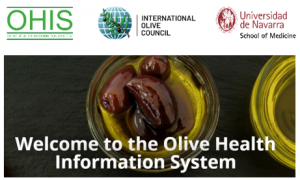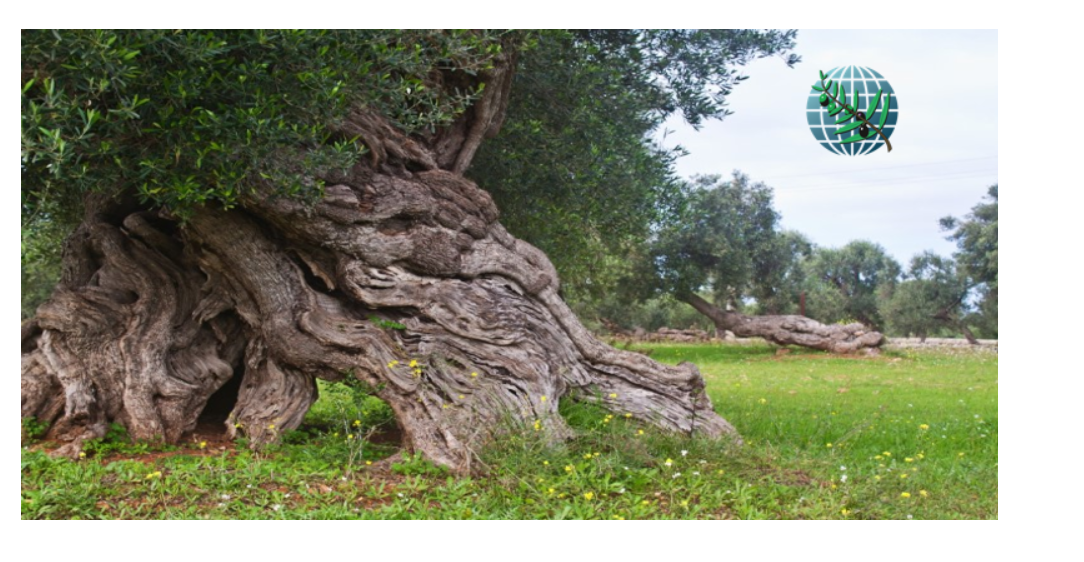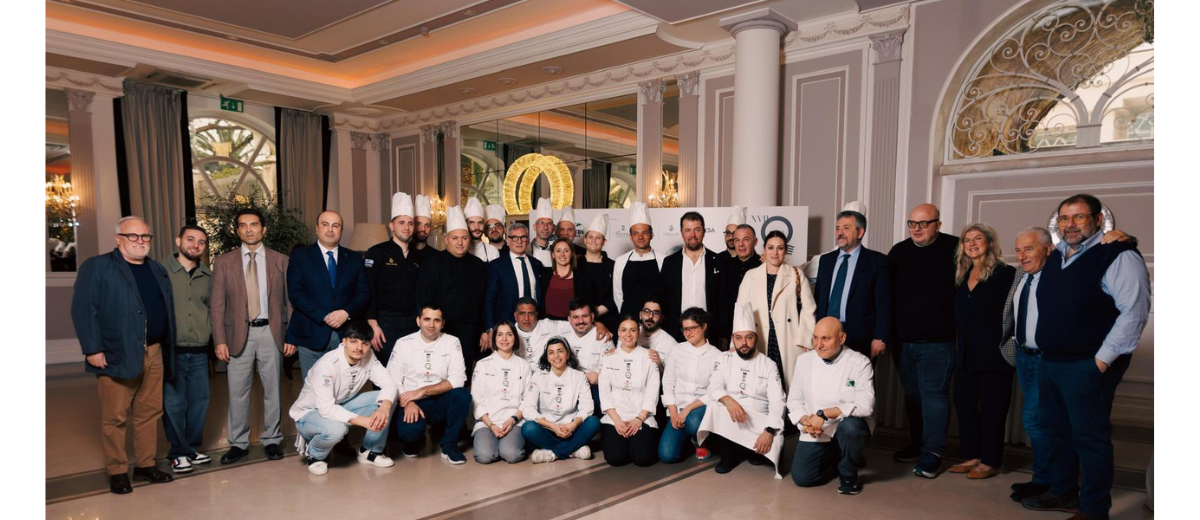 Multiple studies have shown an inverse association between a good quality diet and the onset or deterioration of mental diseases and cognitive function. This study in particular with 7,756 participants found protective associations attributed to vegetable and nut intakes. Additionally, participants who better adhered to the Mediterranean diet showed a lower risk of cognitive impairment and higher cognitive function scores. Among the components of the Mediterranean diet, fish was the item with the most consistent evidence suggesting its beneficial effect.
Multiple studies have shown an inverse association between a good quality diet and the onset or deterioration of mental diseases and cognitive function. This study in particular with 7,756 participants found protective associations attributed to vegetable and nut intakes. Additionally, participants who better adhered to the Mediterranean diet showed a lower risk of cognitive impairment and higher cognitive function scores. Among the components of the Mediterranean diet, fish was the item with the most consistent evidence suggesting its beneficial effect.
Related to cognitive function, this intervention conducted in high-cardiovascular risk patients assessed whether the Mediterranean diet could exert beneficial effects on gene expression, specifically related to neuroinflammation, which is closely linked with the pathogenesis of neurodegenerative diseases. They observed that various signaling pathways associated with neuroinflammation were downregulated due to the modification of the dietary pattern, in this case a Mediterranean diet enriched in either virgin olive oil or nuts. The explanation seems to be the presence of bioactive compounds and metabolites abundant in the Mediterranean diet.
 References:
References:
Keenan TD, Agrón E, Mares JA, et al. Adherence to a Mediterranean diet and cognitive function in the Age-Related Eye Disease Studies 1 & 2. Alzheimers Dement. [published online ahead of print, 2020 Apr 13].
Almanza-Aguilera E, Hernáez A, Corella D, et al. Transcriptional response to a Mediterranean diet intervention exerts a modulatory effect on neuroinflammation signaling pathway. Nutr Neurosci. [published online ahead of print, 2020 Apr 15].
For further information please click on this link: https://meddietolivehealth.com/news-by-topic/









